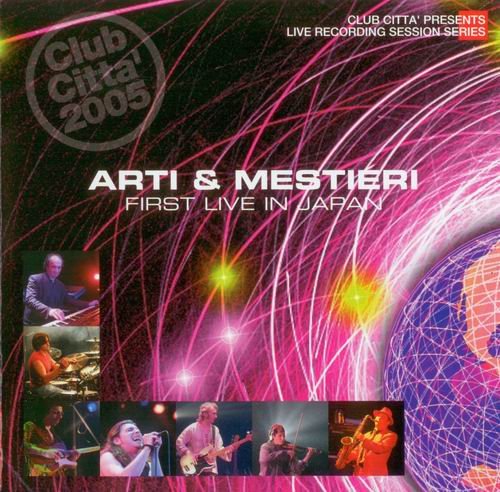Glenn Spearman - Blues For Falasha (1999)
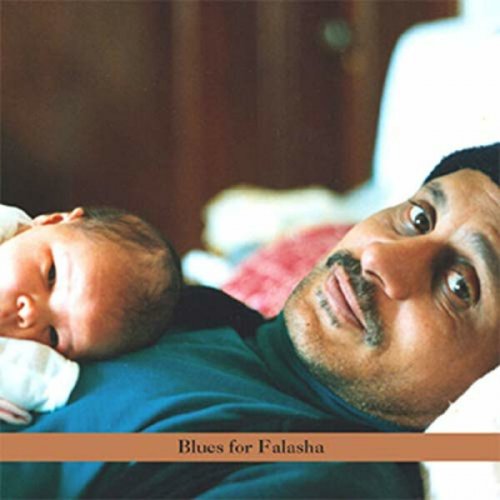
Artist: Glenn Spearman, Chris Brown, Lisle Ellis, Larry Ochs, Donald Robinson, William Winant
Title: Blues For Falasha
Year Of Release: 1999
Label: Tzadik
Genre: Jazz
Quality: FLAC (tracks)
Total Time: 45:58
Total Size: 241 MB
WebSite: Album Preview
Tracklist:Title: Blues For Falasha
Year Of Release: 1999
Label: Tzadik
Genre: Jazz
Quality: FLAC (tracks)
Total Time: 45:58
Total Size: 241 MB
WebSite: Album Preview
1. The Old Book (02:14)
2. Rituals (05:26)
3. Cold Water And Dirt (10:01)
4. Seed Sounds (28:13)
Personnel:
Chris Brown: Piano, Prepared Piano
Lisle Ellis: Bass
Larry Ochs: Tenor Saxophone, Soprano Saxophone
Donald Robinson: Drums, Percussion
Glenn Spearman: Tenor Saxophone, Voice
William Winant: Drums, Percussion, Tympani
One of the last projects completed before his death in 1998, Blues for Falasha was composed by Glenn Spearman specifically for the Tzadik label's Radical Jewish Culture series. The "falasha" in the title refers to the group of Jews in Ethiopia who claim to have descended from Solomon and Sheba and who practice a kind of pre-rabbinical Judaism. Because of their religion, the Falashas have had to live on the fringes of Ethiopian society and have frequently been persecuted. When the Ethiopian famine broke out, many Falashas tried to emigrate to Israel, but because of their racial background and economic status, the Israelis were reluctant to accept them as real Jews -- many Falashas were allowed to emigrate, but the process became increasingly difficult to the point where they became one of the only Jewish peoples to be denied immigration under the law of return. The result was that they became people in a sort of double exile -- homeless wherever they tried to go.
Spearman was the son of a Jewish mother and an African-American father. Before composing Blues for Falasha, he began a deep exploration of his Jewish roots. His identification with the Falasha came from their common roots in Africa and his identification with the Falasha as a kind of cultural anomaly, like himself. Like much of the music in the Radical Jewish Culture series, there are only fragments of Blues for Falasha that can be pinpointed as specifically Jewish (or for that matter any more African than other free jazz). Instead, a poem (the first track, "The Old Book") sets the philosophical tone for the album, speaking of the Falasha as a people tried by hardship, in permanent exile, wise. In that poem, Spearman talks of "Generations of Music/speaking/as Heat Rising through the Core," the idea being that elements of your heritage are both internal and eternal -- in order to make a tribute to his own heritage, no overt elements need to be programmed in; his Africanness and his Jewishness would both rise up every time he tried to express pain, loneliness, or joy.
What follows are three beautiful, inspired compositions that explore themes of pain and loneliness, beauty and delicacy, and heritage. In "Rituals," Spearman uses his sax as a kind of shofar, then leads into a composition that features him almost unadorned by his supporting musicians, sending notes either lingering or tumbling out into musical space. "Cold Water and Dirt," which begins with an even more ambient tone, set by percussion, bass, and prepared piano elements, evokes the openness of the desert and builds to a shimmering, powerful conclusion. But it is on "The Seed Sounds" where Spearman really lets it all go -- the song is a triumphant shout, a dance, a pure expression of happiness and anguish and energy. It seems to make his early death all the more tragic. But if Glenn Spearman had to leave this world too soon, he certainly knew what to leave behind. © Stacia Proefrock
Spearman was the son of a Jewish mother and an African-American father. Before composing Blues for Falasha, he began a deep exploration of his Jewish roots. His identification with the Falasha came from their common roots in Africa and his identification with the Falasha as a kind of cultural anomaly, like himself. Like much of the music in the Radical Jewish Culture series, there are only fragments of Blues for Falasha that can be pinpointed as specifically Jewish (or for that matter any more African than other free jazz). Instead, a poem (the first track, "The Old Book") sets the philosophical tone for the album, speaking of the Falasha as a people tried by hardship, in permanent exile, wise. In that poem, Spearman talks of "Generations of Music/speaking/as Heat Rising through the Core," the idea being that elements of your heritage are both internal and eternal -- in order to make a tribute to his own heritage, no overt elements need to be programmed in; his Africanness and his Jewishness would both rise up every time he tried to express pain, loneliness, or joy.
What follows are three beautiful, inspired compositions that explore themes of pain and loneliness, beauty and delicacy, and heritage. In "Rituals," Spearman uses his sax as a kind of shofar, then leads into a composition that features him almost unadorned by his supporting musicians, sending notes either lingering or tumbling out into musical space. "Cold Water and Dirt," which begins with an even more ambient tone, set by percussion, bass, and prepared piano elements, evokes the openness of the desert and builds to a shimmering, powerful conclusion. But it is on "The Seed Sounds" where Spearman really lets it all go -- the song is a triumphant shout, a dance, a pure expression of happiness and anguish and energy. It seems to make his early death all the more tragic. But if Glenn Spearman had to leave this world too soon, he certainly knew what to leave behind. © Stacia Proefrock
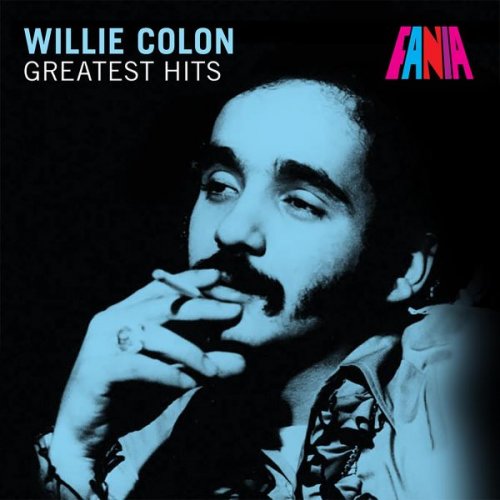
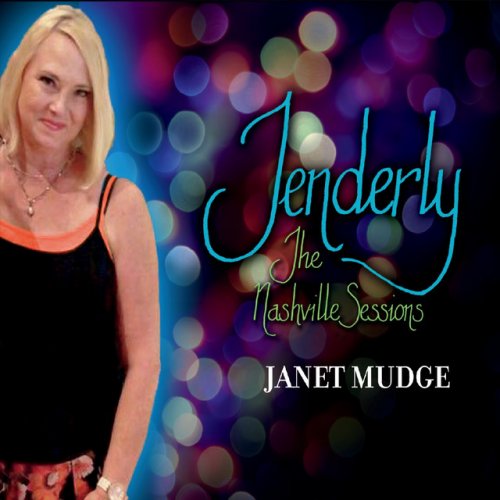
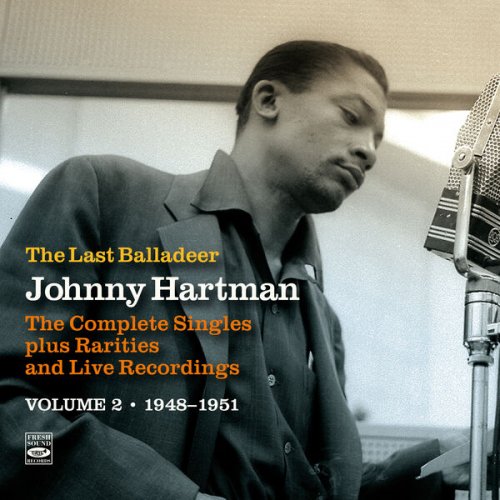
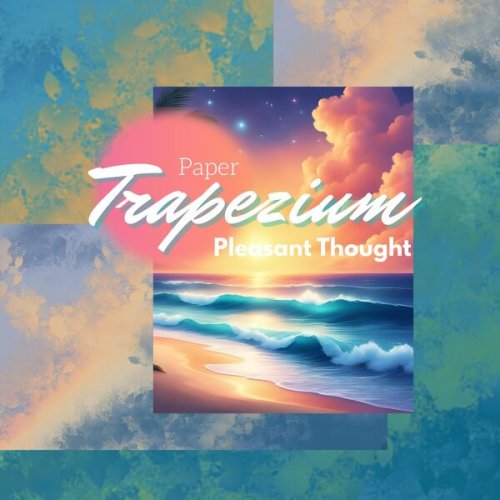
![Ingrid Jensen - Landings (2026) [Hi-Res] Ingrid Jensen - Landings (2026) [Hi-Res]](https://www.dibpic.com/uploads/posts/2026-02/1772179914_cover.jpg)
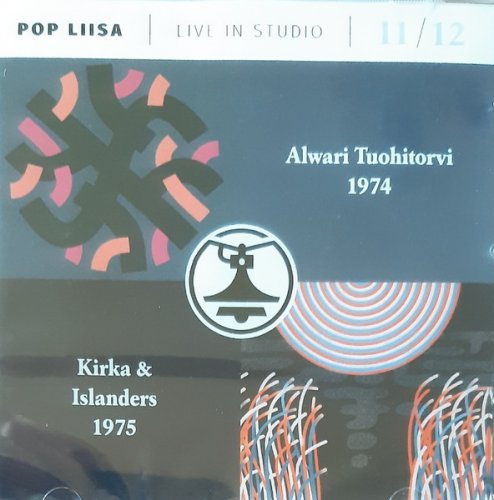
![Mammal Hands - Circadia (2026) [Hi-Res] Mammal Hands - Circadia (2026) [Hi-Res]](https://www.dibpic.com/uploads/posts/2026-02/1771945393_folder.jpg)

